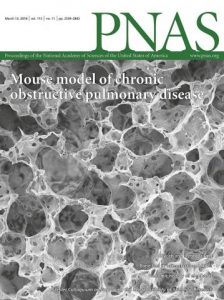 A researcher collected her own blood and forged the labels so it would appear to be samples from nearly 100 people, according to a new finding of research misconduct released today by the U.S. Office of Research Integrity (ORI).
A researcher collected her own blood and forged the labels so it would appear to be samples from nearly 100 people, according to a new finding of research misconduct released today by the U.S. Office of Research Integrity (ORI).
The former researcher at the University of Texas MD Anderson Cancer Center swapped her own blood samples for those taken from 98 human subjects. The misconduct affects two grant progress reports and two papers; one paper has already been retracted, and the former “research interviewer” — Maria Cristina Miron Elqutub — has agreed to correct or retract the other.
Adel El-Naggar, a co-author on both of the papers also based at the University of Texas MD Anderson Cancer Center, told Retraction Watch:
Continue reading A cancer researcher said she collected blood from 98 people. It was all her own.
 A few years ago, Richard Miller of the University of Michigan had a serious dilemma: He discovered a former researcher in his lab was doing research somewhere else. Normally, that would be fine — except this research had admitted to committing misconduct in Miller’s lab.
A few years ago, Richard Miller of the University of Michigan had a serious dilemma: He discovered a former researcher in his lab was doing research somewhere else. Normally, that would be fine — except this research had admitted to committing misconduct in Miller’s lab.

 For months, a researcher has wrestled with a journal over the wording of an upcoming retraction notice. It appears that she has lost.
For months, a researcher has wrestled with a journal over the wording of an upcoming retraction notice. It appears that she has lost.


